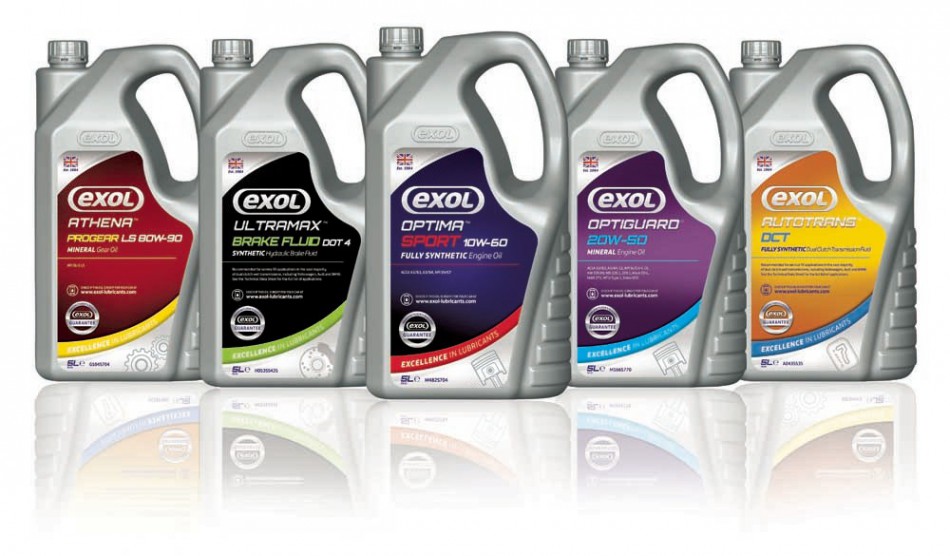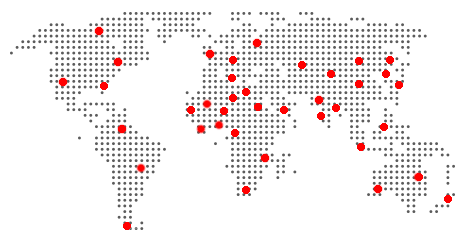Get ready for the engine oil spec changes, urges Exol
Changes are coming to some key engine oil specifications, but don’t panic, Exol already have everything covered. Every single Exol product that carries these performance claims has already been updated for compliance with the new standards.
The European Automobile Manufacturers’ Association (ACEA), that produce the well-known “C” specifications for low SAPS engine oils, have updated their requirements. December 1st 2018 marks the cut-off date when all oils claiming the ACEA specifications C1, C2, C3, C4, A3/B3, A3/B4 & A5/B5 for passenger cars and light commercial vehicle engines, and E4, E6, E7 & E9 for heavy-duty commercial diesel engines must comply with this revision. This new standard also removes the A1/B1 category, replacing it with a new low SAPS “C5” classification.
The new C5 category focuses on fuel economy oils, such as Optima C5 VC 0W-20 (used in new Volvo passenger car petrol and diesel engines) and Optima FE 5W-20 (used in Ford EcoBoost petrol engines).
Other additions to the ACEA sequences include stringent requirements to address sludging, piston deposits and oxidation in the presence of biodiesel, and a new GDI (gasoline direct injection) engine test for passenger car petrol engine oils.
GDI engines have received a lot of attention in recent times, as LSPI issues (low speed pre-ignition or “superknock”) have emerged in some of these applications. Engines oils have helped play a part in reducing this phenomenon, with the recent API (American Petroleum Institute) “SN Plus” and the General Motors dexos1™ Gen 2 specifications both introduced to counteract the effect. Exol meets these advanced requirements with Optima DX1 5W-30.
Commercial diesel engines have also received recent attention from the API, with the introduction of the new CK-4 low SAPS standard for diesel engine oil. This replaces the previous CJ-4 standard, and is available right now on Exol’s Taurus SHPD E9 15W-40.
Exol’s commitment to staying at the forefront of lubricant technology means that all of these complex new challenges have already been addressed, leaving customers to continue using and supplying our products with complete confidence.


